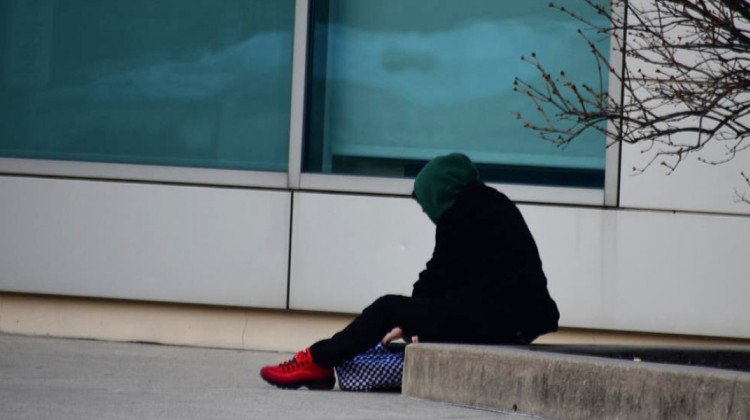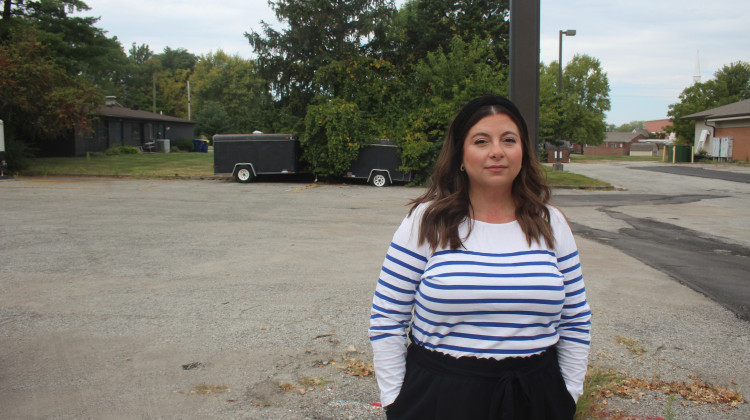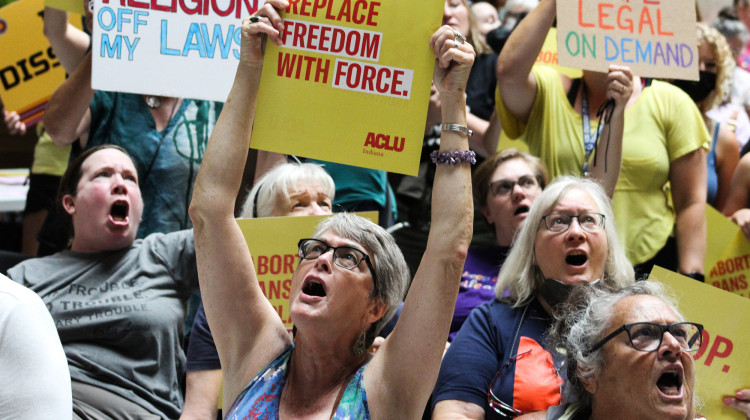A legislative study committee this week will wrap up its examination of the state’s confined animal feeding operations barns that feed hundreds to thousands of animals, such as pigs, cows and chickens.
The hearings have drawn impassioned testimony from supporters and opponents alike. Many crop farmers say the extra income from CAFOs helps keep family farms alive. But opponents say CAFOs can pollute waterways and emit a debilitating odor.
Committee chair Sen. Sue Glick (R-LaGrange) says there is a place for large-scale animal agriculture in Indiana.
“But neither the people who are anti-animal agriculture, nor the CAFO owners themselves, should have a carte blanche to do whatever they want,” she says.
Glick says a common theme she’s heard from past hearings is that people on both sides of the argument like local control over CAFOs.
“Because they know what the problems are, and they know what their environmental situation is,” Glick says. “And they should be the ones who have ultimate responsibility for many of these operations.”
Glick says the committee’s final meeting will focus on its report to the General Assembly, which will likely clear up which local, state, and federal agencies regulate which aspects of CAFOs.
The hearing is scheduled for 10 a.m. Thursday at the Statehouse.
 DONATE
DONATE










 Support WFYI. We can't do it without you.
Support WFYI. We can't do it without you.